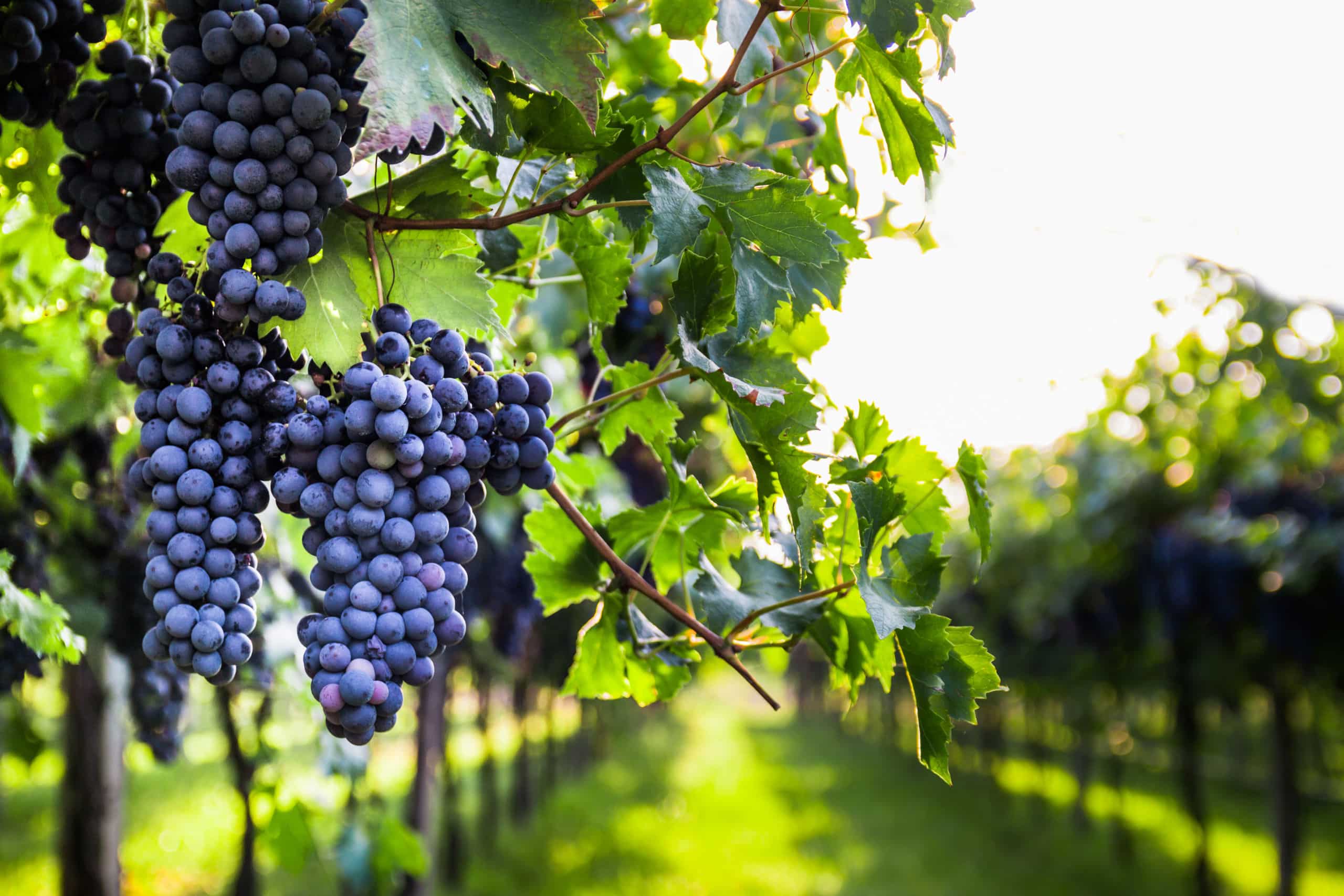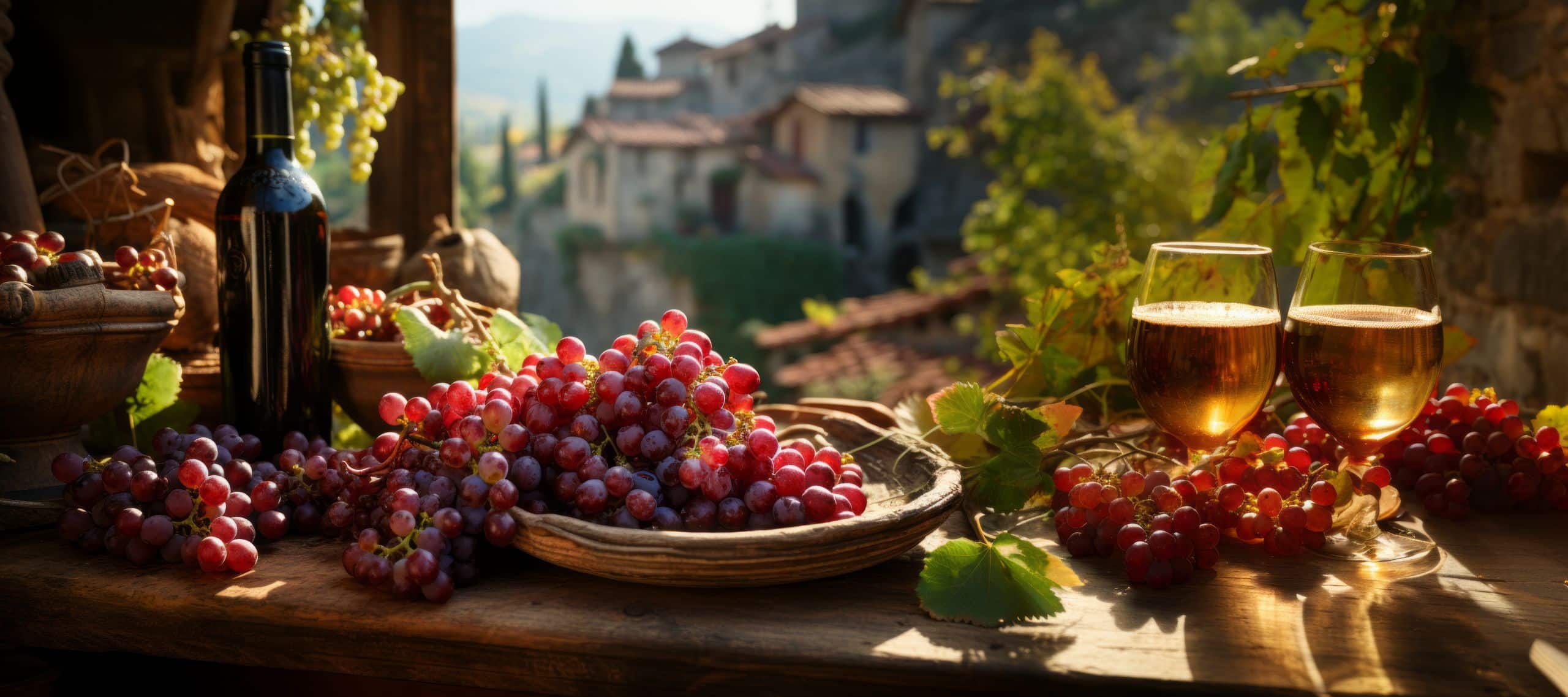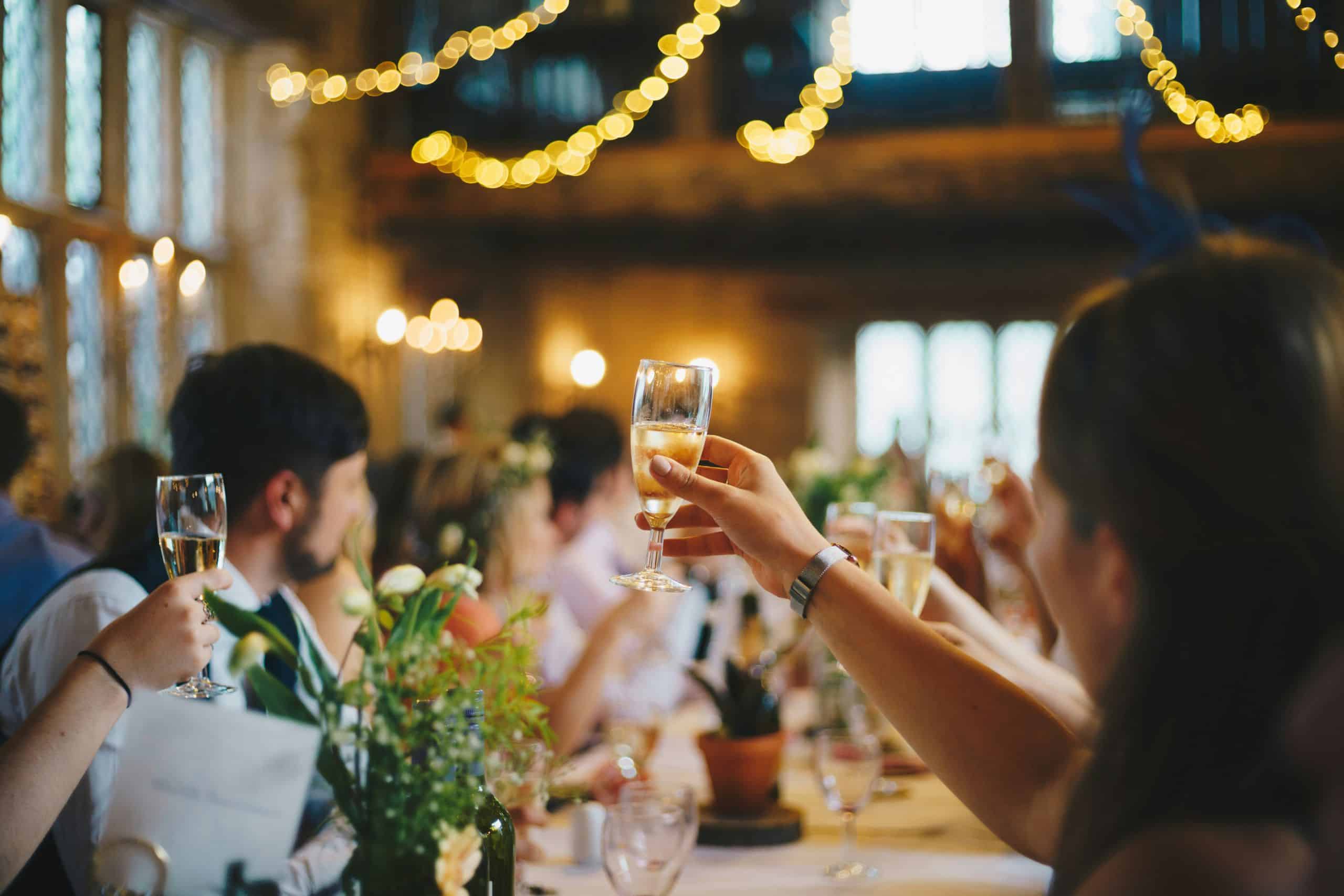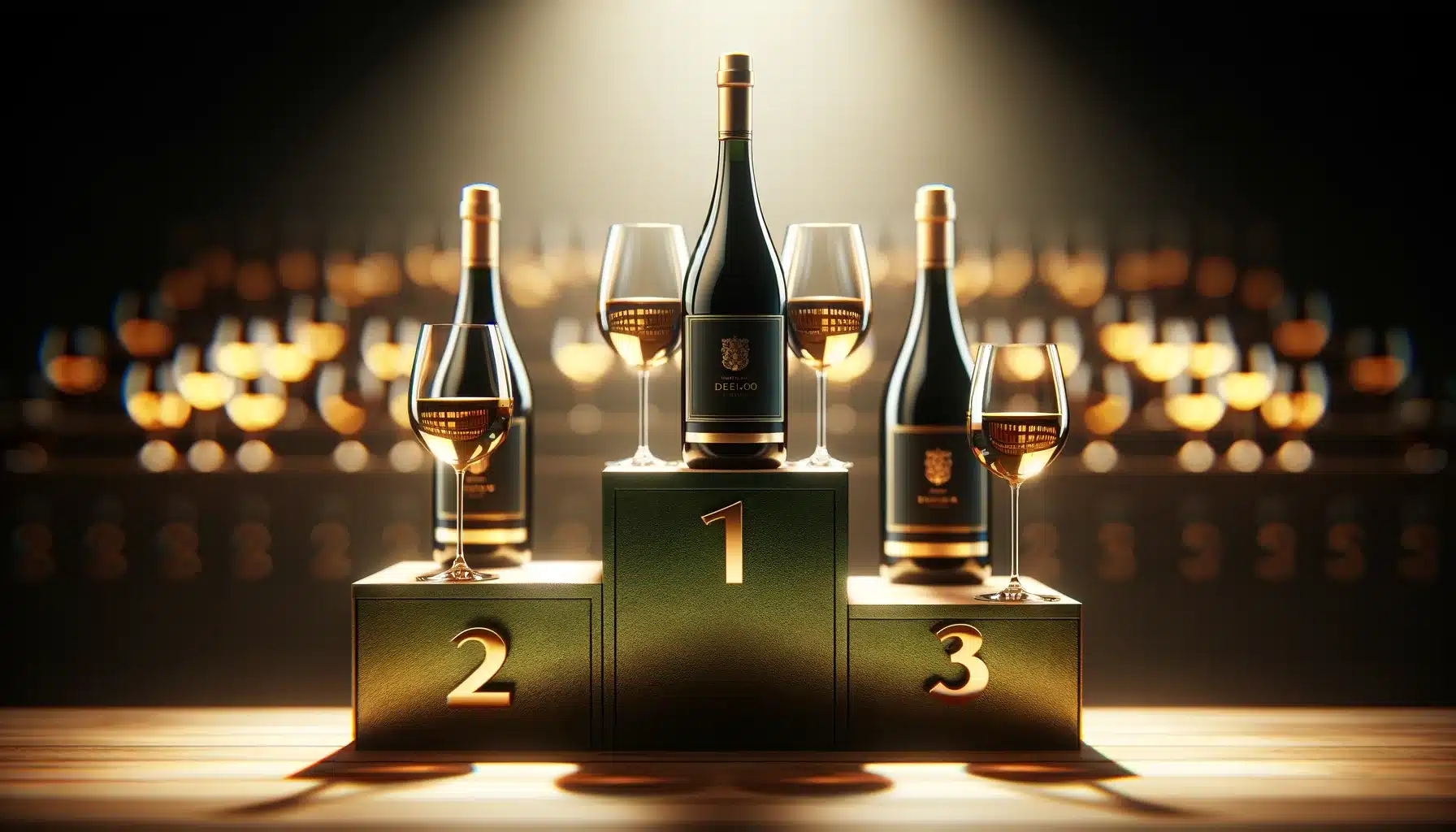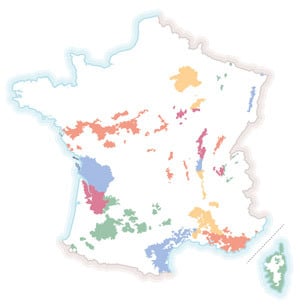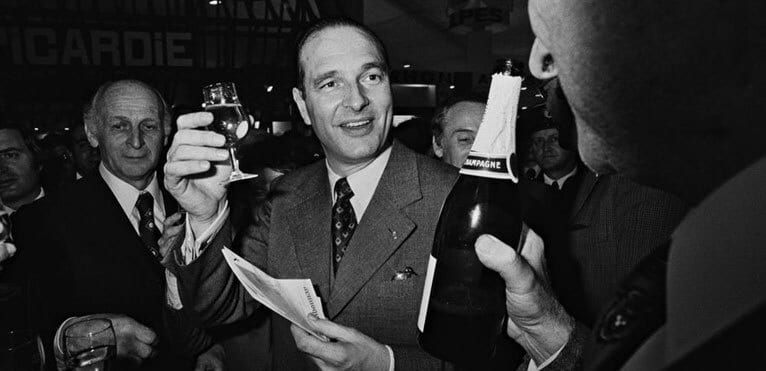
Contents
At the 2018 Salon de l’Agriculture, Emmanuel Macron said.
“I drink wine for lunch and dinner”.
. It’s no secret that every year, politicians flock to trade fairs all over France to extol the virtues of Made in France.
One of the most important of these is the Salon de l’Agriculture. Indeed, French chauvinism means that every candidate has to show his or her love for France and its heritage. It must therefore also highlight French wine production, one of our country’s most important traditions and one of its biggest export markets.
France has a long tradition of winegrowing, which explains the close links between politics, power and wine in our country.
Wine in Antiquity
Since ancient times and the beginnings of viticulture (dating back to around the 7th century BC), wine has been considered a marker of social prestige. It is therefore primarily consumed by the elites, and these elites were often at the forefront of the political game. Numerous written and pictorial testimonies attest to the fact that in Roman Antiquity, the aristocracy and members of parliament were accustomed to indulging in numerous wine-filled banquets and orgies. The working classes couldn’t afford to buy this beverage.
The Roman invasion of Gaul led to the planting of a multitude of vines for two reasons. Firstly, the soils and climates lent themselves to it, and secondly, it was a way of currying favor with the Gauls and countering barbarian invasions. The development of vineyards continued in Gaul during Antiquity, and the wine industry became increasingly democratic, winning over more and more of the working classes (what would become the Third Estate), although the elites continued to reserve the best vintages for themselves. In France, men of power have always had an appetite for the best local produce, and therefore the best wines.
Wine and religious power in the Middle Ages
Then, with the development of Christianity from the 4th century onwards, the Church truly established viticulture in the French agricultural landscape. The liturgy of communion requires large quantities of wine. Thus, under the guise of the “vin de messe” business, the monks took over a very large share of wine production in France, hence the many Catholic references still found in wines today.
Wine soon became the privilege of the clergy and nobility. As the French political system was, until the Revolution, a monarchy by divine right, the king and his court increasingly purchased the finest wines to accompany their banquets. This drink, produced by members of the clergy, has a certain divine aspect and offers a certain prestige. The best wines are sent to the tables of the most powerful to delight their palates. Here we see the foundation of the link between power and wine on French soil: any man of the nobility who holds power must enjoy the best vintages produced on the national soil. In fact, it’s not true, as Renaissance intellectuals tried to establish, that all French people consumed this alcohol happily. Only the nobility and clergy could truly benefit from this beverage.
Revolution in agricultural techniques and thinking
With the Renaissance and the Enlightenment, agricultural techniques were improved, resulting in better quality grapes and a better understanding of the vine cycle. In fact, many high-quality wines have begun to emerge over the decades… and centuries. Good wine has truly become the privilege of the powerful and the rulers. Louis XIV, a great lover of wine, set his sights on certain estates which, even today, are among France’s most prestigious vineyards (La Coulée de Serrant springs to mind).
In 1855, Napoleon III established the official classification of Bordeaux wines to coincide with the Paris Universal Exhibition held that same year. This was one of the first acts of “Soft Power” (the non-coercive action of exercising power in the world), as the whole world attending the World’s Fair was able to observe the quality of the wines produced in Bordeaux, France. From that day on, France has continued to shine internationally thanks to its highly diversified wine catalog.
When the Nazis took over France during the Second World War, the officers in Paris had the opportunity to empty the French cellars of their best wines and Champagnes. It was a humiliating way of demonstrating a foreign nation’s takeover of France: dispossessing it of its most prestigious agricultural production.
Contemporary times, politics and wine
Since the Fifth Republic and the Gaullist policy of promoting national production, French wine has taken a new leap forward, both in terms of quality and in terms of exports and international influence. To this day, wine is a veritable means of imposing French culture on the world, as Emmanuel Macron recently demonstrated during his official visit to China. He presented Xi Jinping with a bottle of Romanée-Conti 1978, as well as Cheval Blanc and other great bottles that symbolize French art de vivre.
In addition, wine production is the second largest contributor to France’s balance of trade (13 billion euros in value), just behind aeronautics and ahead of luxury goods. So it’s vital for any government to focus on the production and export of this grape juice that loosens tongues and turns heads! At national level, unsurprisingly, viticulture is the leading agricultural sector, with a value of nearly 33 billion euros.
In addition to promoting French art de vivre and the economic stakes involved, we can also observe the importance of wine in French politics today. Ever since the Evin law was passed in January 1991, aimed in part at limiting the consumption of alcohol and wine in particular, many politicians have been fighting to amend the law. In 2015, the Macron law included an amendment making it easier to advertise terroir wines, which was sure to annoy Health Minister Marisol Touraine. Under Emmanuel Macron, while Agnès Buzyn attempted a toughening of the Evin law, the president disavowed by enriching the famous slogan “one glass is fine, three glasses hello damage” with the phrase “two glasses is still fine”.
Indeed, Emmanuel Macron, like Darmanin who castigates cannabis while promoting wine, is one of those politicians who use wine as a means of attracting votes – the votes of a French people proud of its traditions, its roots (at the beginning of the 20th century, 3.5 million households lived off wine!) and its national production. Jean Petaux, a political scientist at Science Po Bordeaux, claims that political support for wine and farmers in general is “above all an electoral issue”, and that for many MPs, wine “is a question of heritage, of lifestyle. It’s also about the fight against self-righteousness”.
In conclusion, if our politicians can’t resist talking about wine during campaigns, and promoting it to the detriment of health hazards, it’s certainly because wine is part of our cultural (and genetic…) heritage, has shaped our history and supports part of our economy. And, as Pasteur said, “wine is the healthiest and most hygienic of beverages”.
